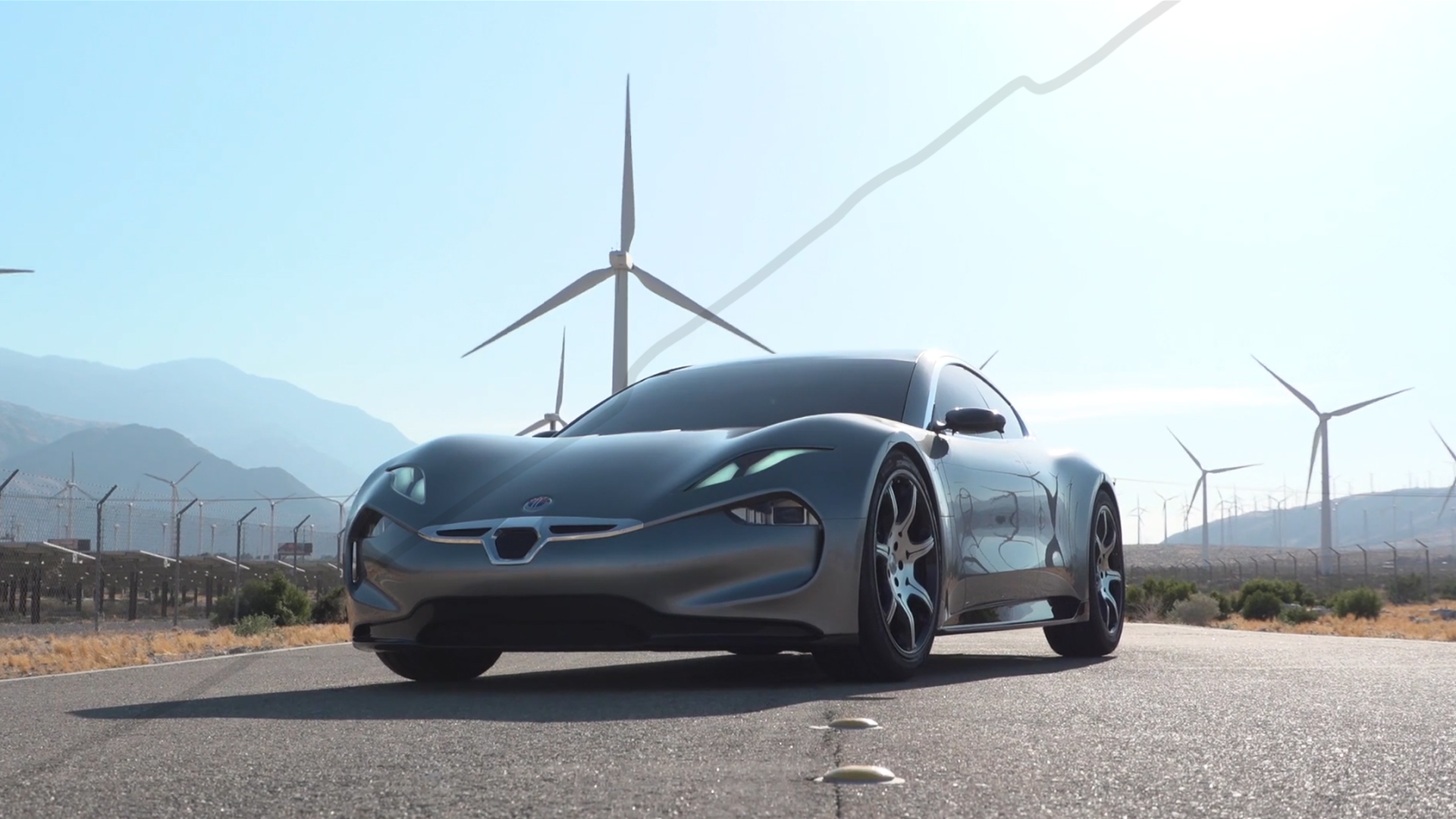

The joint venture between upcoming battery technology company Nanotech and Fisker has fizzled but the two groups are still in “friendly” talks, according to Automotive News.
UPDATE (July 26, 1:35 p.m. EST): This story has been updated for accuracy and clarity purposes. It previously stated that Nanotech would not providing battery technology for the upcoming EMotion and has since been updated to reflect that the joint venture between the two companies has been abandoned.
Fisker joined together with Nanotech Energy to engineer and produce the Graphene battery packs, according to Auto News. The company also made claims of the supercapacitors allowing for a range of 400 miles and a charge time of just nine minutes, but just weeks ahead of the official reveal, Fisker announced that the company would move forward with using Lithium Ion batteries to accomplish its (still promised) 400-mile range.
Currently, Tesla’s Model S holds the largest battery pack in a consumer car at 100 kWh. The 100D achieves 335 miles on a single charge, something which Fisker looks to improve upon to reach. Meaning either the vehicle would have to find ways to be extremely efficient, or the battery pack would need to be pack-in more 20 percent more power to provide a denser amount of energy without increase significantly in weight or size.
Fisker also mentions having “9 min fast charging” in the above Tweet. Using supercapacitors, maybe, but current battery technology wouldn’t allow for a full charge at this rapid pace, especially without a very sophisticated cooling system. This figure was actually revealed to be nine minutes to reach 100 miles of range, or 25 percent battery capacity, in the original press release. Fisker’s site has now been updated to claim 125 miles of range, or 32 percent charge, in the same amount of time. Charging times like this would need to use one of Tesla’s V3 superchargers or the even more rare Porsche variants to provide 350 kWh sustained rates. Someone at home would not be able to reach this figure.